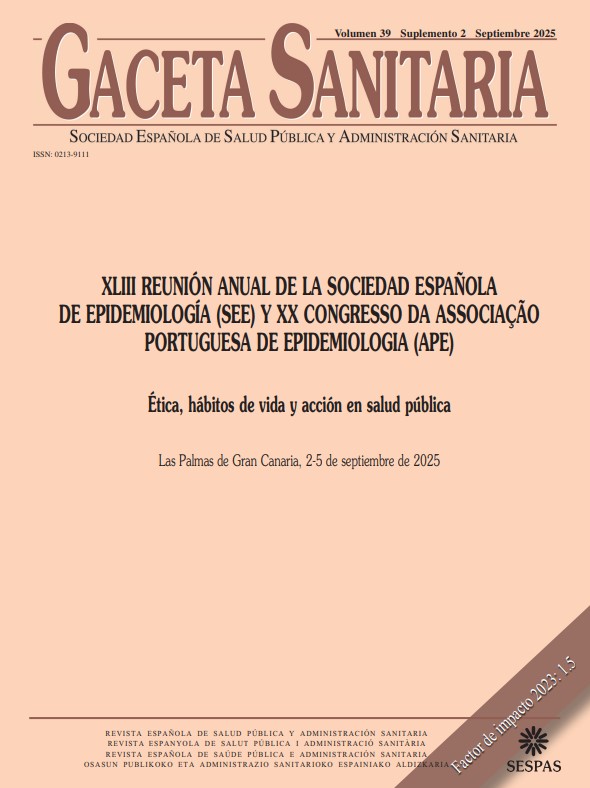324 - ADHERENCE TO WCRF/AICR RECOMMENDATIONS AND THEIR IMPACT ON QUALITY OF LIFE IN A YOUNG ACADEMIC COHORT
Institute of the Balearic Islands (IdISBa); Consorcio CIBER, M.P. Fisiopatología de la Obesidad y Nutrición (CIBERObn), Instituto de Salud Carlos III (ISCIII); University of Balearic Islands.
Background/Objectives: Lifestyle behaviors play a crucial role in long-term health outcomes, with the World Cancer Research Fund (WCRF) and the American Institute for Cancer Research (AICR) providing evidence-based recommendations on weight management, physical activity, and diet to reduce chronic disease risk (S Clinton, et al., 2018). While these guidelines are primarily designed for cancer prevention, their broader impact on overall well-being remains underexplored, particularly in young adults. This study investigates the association between adherence to WCRF/AICR recommendations and quality of life (QoL).
Methods: A cross-sectional study was conducted among university students, to evaluate lifestyle adherence using a validated WCRF/AICR adherence score, the WCRF/AICR Screener (Chaplin et al., 2015) QoL was assessed through the WHOQOL-BREF, which measures four domains: physical health, psychological well-being, social relationships, and environmental well-being (WHOQOL Group, 2020). A linear regression model was used to analyze the association between lifestyle adherence and QoL, adjusting for potential confounders such as age, sex, smoking status, and parental educational level.
Results: A total of 112 young adults participated in this study, 79 (42.25%) were women. The mean age of the participants was 24.9 ± 5.8 years. The mean adherence to WCRF/AICR recommendations, assessed using the WCRF/AICR Screener, was 4.36 ± 1.18 (range: 0-7). The mean overall QoL score was 60.4 ± 8.1 (range: 0-100). In the crude model, greater adherence to WCRF/AICR recommendations was positively associated with higher QoL (p < 0.01). This association remained significant after adjusting for potential confounders (p = 0.02), with each one-point increase in the WCRF/AICR Screener being associated with a 0.57-point increase in the overall QoL score. This association also remained significant when considering WCRF/AICR adherence in tertiles. Among the four QoL domains, psychological health showed the strongest association with WCRF/AICR adherence (p < 0.01), while both physical health and environmental well-being were on the threshold of significance (p = 0.05). The only dimension that didn´t show association was social relationships (p = 0.10).
Conclusions/Recommendations: Higher adherence to WCRF/AICR lifestyle recommendations is associated with better quality of life, particularly in the psychological domain but also in physical health and environmental well-being. These findings highlight the potential benefits of lifestyle modifications beyond cancer appearance, emphasizing their role in overall well-being among young adults.
Financiación: SYN 21-05.















